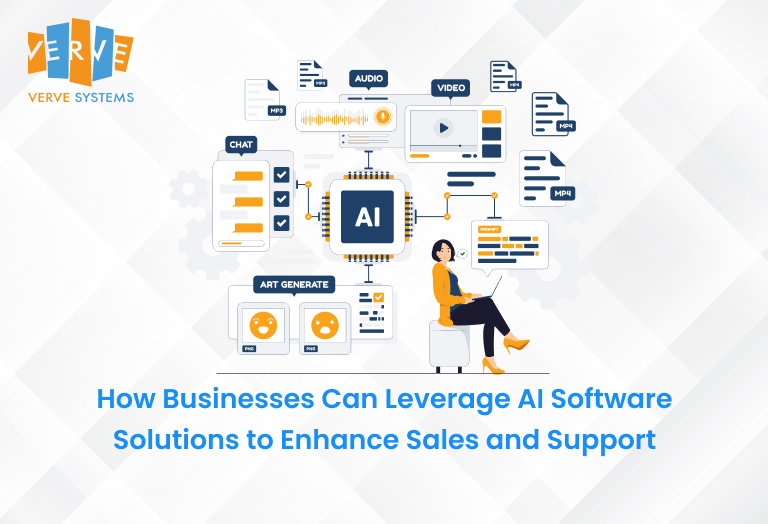It’s time to end the man vs. machine hype and embrace a new era of cognitive systems that actually strengthen this relationship. Cognitive systems are not competitors –in fact, they will never replace human thinking – although it is true that they are inspired by the way human brains think and reason. Well, this technology is poised to solve a number of perennial problems in the world.

To begin with, let’s understand a few things. Most of today’s programmable systems are based on ‘rules’ that enable them to read through the available data and follow predetermined processes to arrive at a final ‘result’ or ‘outcome’. Although these systems are powerful and complex, they are pretty deterministic and work well only when structured data is available. However, they fall short when it comes to processing qualitative or unpredictable inputs. But, in the real world, ambiguity and uncertainty abound and that’s where cognitive systems can be designed to adapt and make sense of unpredictable, unstructured data. In very simple terms, these systems can read the text, see the images, and hear natural speech. They interpret all this information and offer rationale as well as conclusions – rather than offering definitive answers as programmable systems do. Rather, they offer a kind of hypothesis for consideration.
Similarly, machine learning systems too – learn from the available data and the current inputs and are able to make generalizations based on its exposition and perform actions after any new or unforeseen event has occurred.
Well, machine learning and cognitive systems will definitely have an impact on the future. Here’s how:
- Cognitive systems create a deeper human engagement and due to their continuous learning capabilities, they deliver greater value – each time they learn something new.
- They have the capability to scale and improvise on their expertise by auto-learning.
- These systems can be designed to help organizations keep pace and keep improving.
- It fosters the creation of a new class of products that have the capabilities to sense, reason and learn about their users and the world around them.
- With cognitive capabilities, business processes can be made more efficient as it gives them greater awareness of workflows, context, and awareness – this leads to continuous learning, better forecasting and decision making especially while working with the huge amount of data of today’s fast-paced business world.
Well, cognitive computing will definitely change the way business work. It has the potential to transform processes and make them more efficient, accurate and cheaper. As technology evolves, and cognitive systems grow, there is every reason to believe that new applications and implementations will emerge and open up new opportunities and interesting challenges for the human race in the future!









